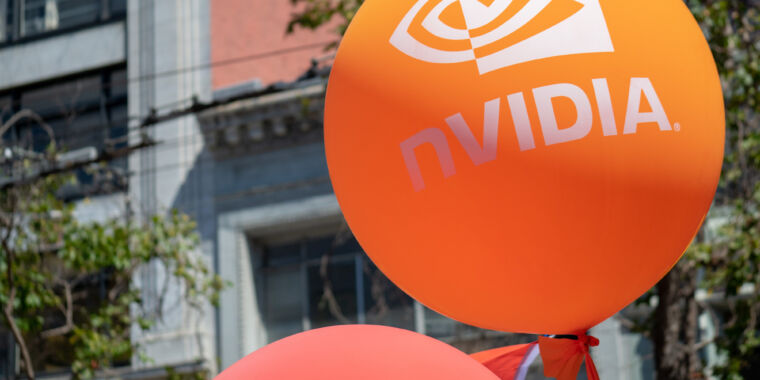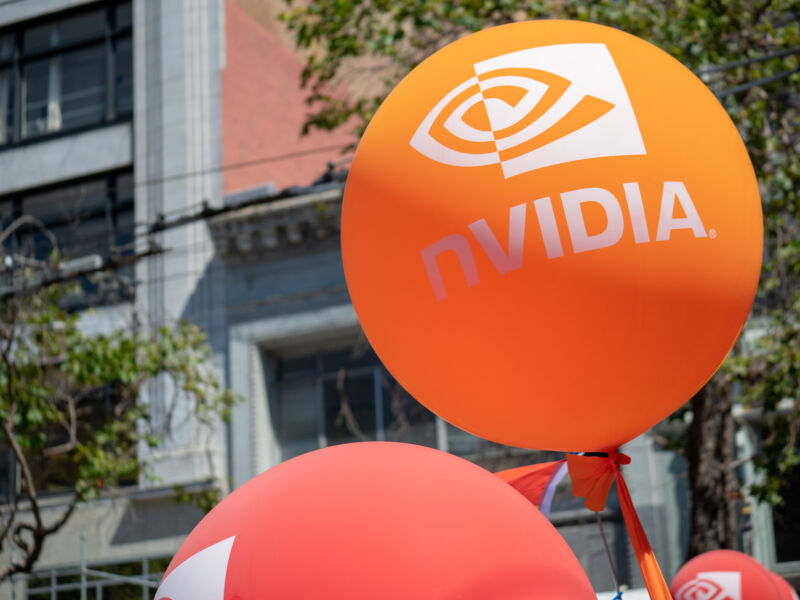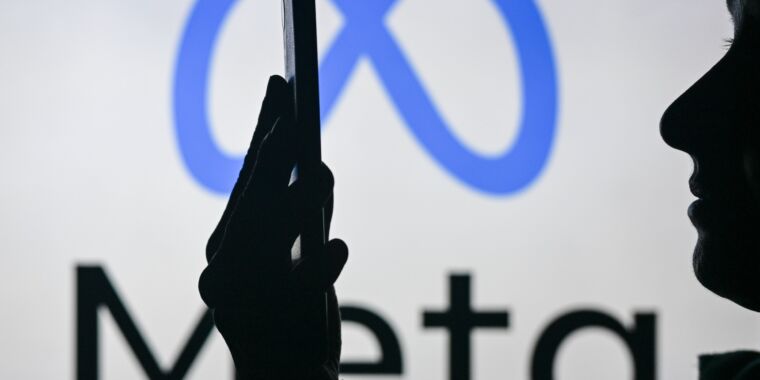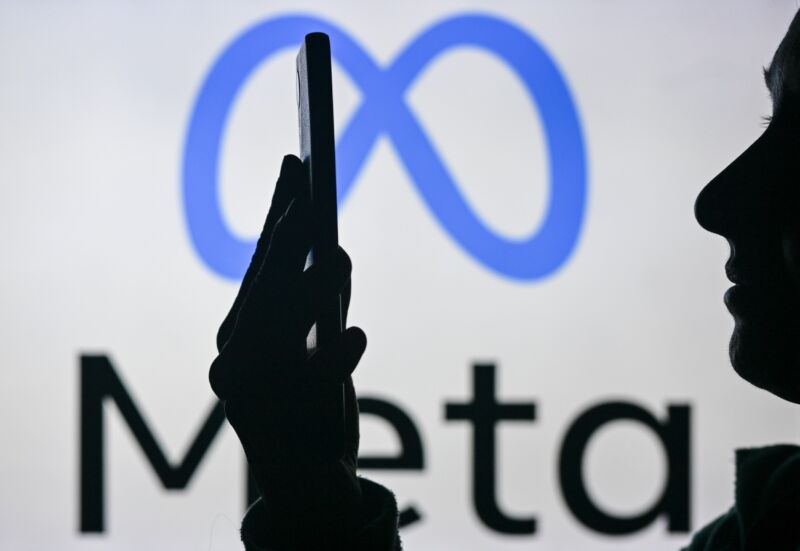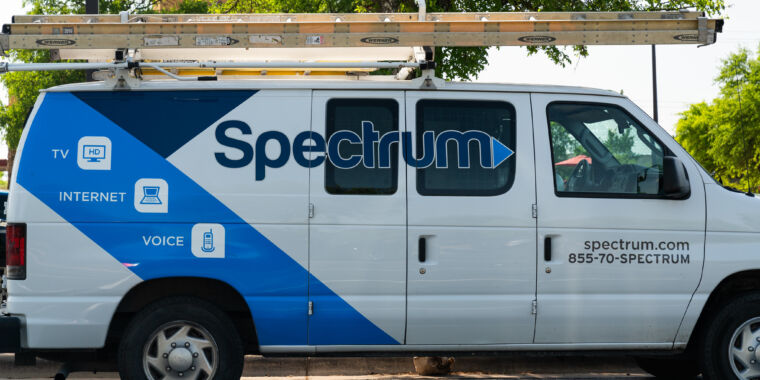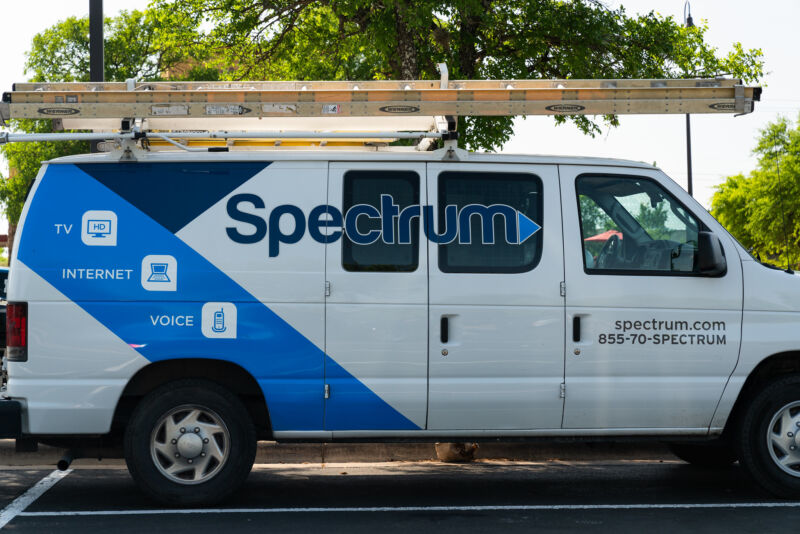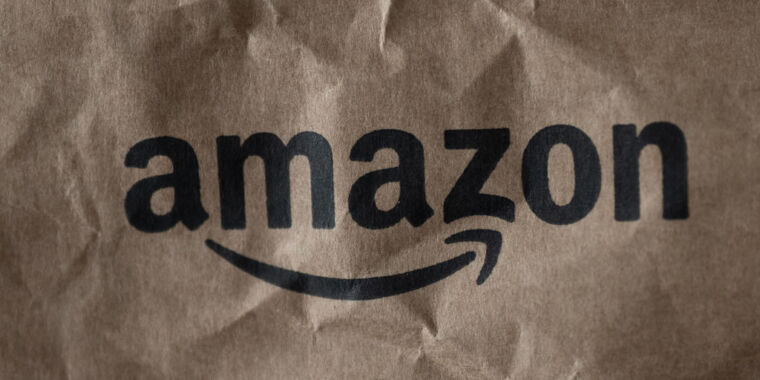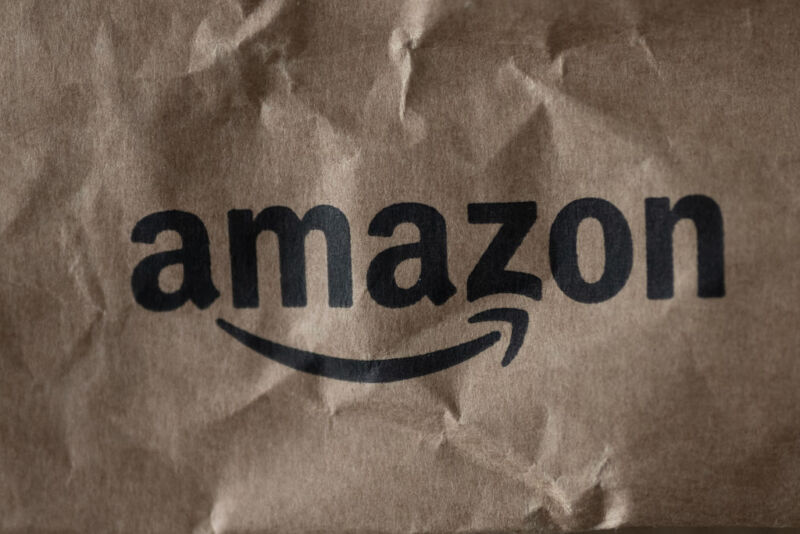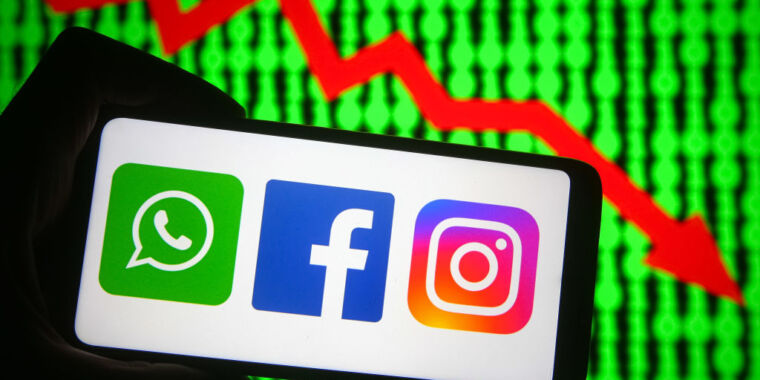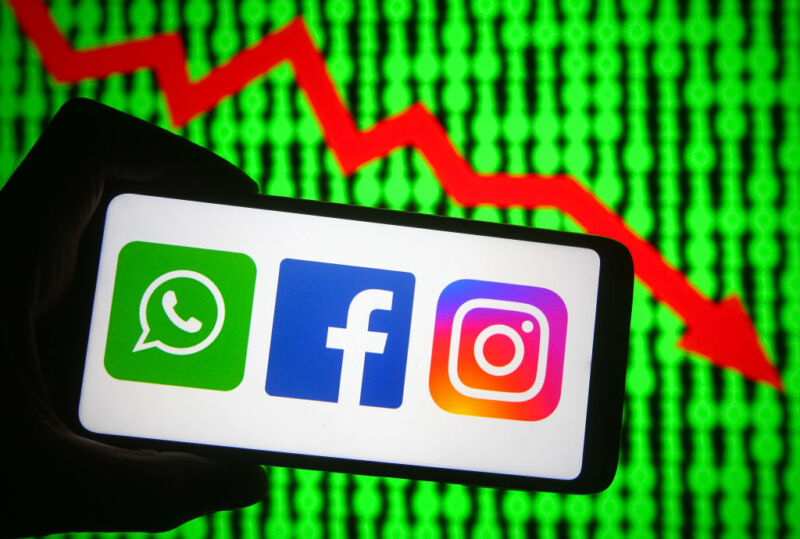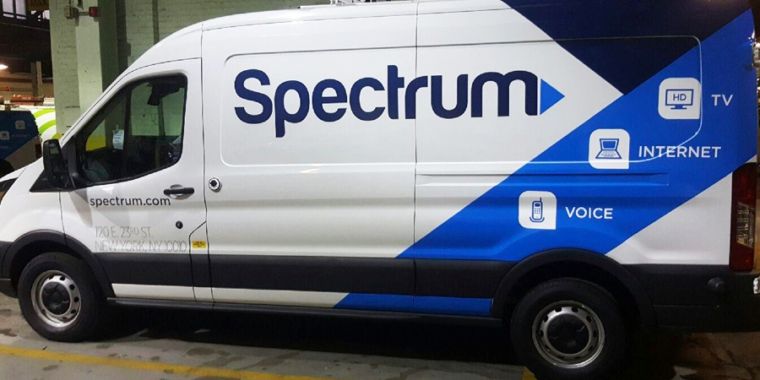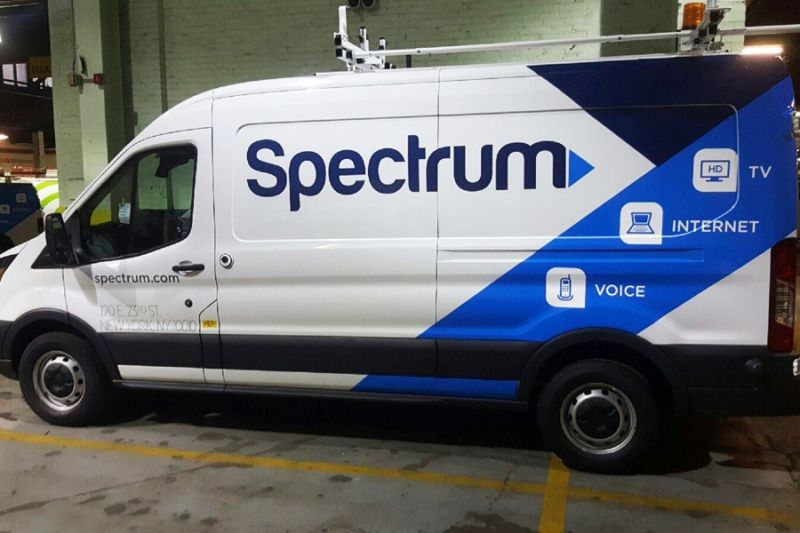San Francisco to ban software that “enables price collusion” by landlords
Algorithmic devices —
Software helps landlords “indirectly coordinate” by sharing nonpublic information.

Enlarge / View of San Francisco with Russian Hill in the background.
Getty Images | Terraxplorer
San Francisco’s Board of Supervisors this week approved a ban on software that is allegedly used by landlords to collude on rent prices. Board of Supervisors President Aaron Peskin recently proposed what his office called “the first local ordinance in the country banning the sale or use of software which enables price collusion among large corporate landlords for the purpose of rent-gouging.”
The ordinance was approved on a first reading by a 10-0 vote by the board on Tuesday. It still needs to pass a final vote scheduled for September 3, Bloomberg wrote.
The ban targets software companies RealPage and Yardi. “RealPage has exacerbated our rent crisis and empowered corporate landlords to intentionally keep units vacant. So we’re taking action locally to ensure our working renters can afford to live here,” Peskin said.
RealPage and Yardi “collect and combine proprietary large landlord data and make pricing and occupancy recommendations,” Peskin’s office said. “These recommendations then effectively become the lay of the land, with multiple investigations finding they amount to illegal price-fixing. RealPage’s own executives have told investors that its software has driven double-digit increases in rents, increased ‘turnover’ of units, and increased vacancy rates.”
A March 2024 White House statement criticized the use of algorithms to set rent prices. “In a recent filing, the Department of Justice (DOJ) made clear its position that inflated rents caused by algorithmic use of sensitive nonpublic pricing and supply information violate antitrust laws,” the White House statement said. “Earlier this month, the Federal Trade Commission and DOJ filed a joint brief further arguing that it is illegal for landlords and property managers to collude on pricing to inflate rents—including when using algorithms to do so.”
The FTC/DOJ brief was filed in a class-action case against Yardi and property owners in US District Court for the Western District of Washington. There were also numerous lawsuits against RealPage and property owners, and those cases were consolidated into one case in a Tennessee federal court. The District of Columbia’s attorney general sued RealPage and landlords as well.
RealPage says its software helps renters
In June, RealPage issued a statement addressing what it called “false and misleading claims about RealPage and its revenue management software.” RealPage said its software “benefits both housing providers and residents.”
“RealPage revenue management software makes price recommendations in all directions—up, down, or no change—to align with property-specific objectives of the housing providers using the software,” the company said. RealPage said its property-owning customers can accept or reject the software’s price recommendations, and that the “revenue management software never recommends that a customer withhold vacant units from the market.”
The consolidated class action complaint alleged that vacancy rates rose because property owners “could (and did) allow a larger share of their units to remain vacant, thereby artificially restricting supply, while maintaining higher rental prices across their properties. This behavior is only rational if Defendants know that their competitors are setting rental prices using RealPage’s RMS [revenue management software] and thus would not attempt to undercut them.”
We asked RealPage and Yardi whether they plan to challenge the San Francisco ordinance in court and will update this article if we get any comment.
“While we share the San Francisco Board of Supervisors’ goal of helping renters, this ordinance will do nothing to make housing more affordable in the city, where there is a severe supply shortage of rental units that needs to be addressed,” a RealPage spokesperson told KRON4 after the vote.
RealPage told KRON4 that its “software is purposely built to be legally compliant and can be configured to comply with the new ordinance should it pass a final vote.” It also criticized the San Francisco board for what it called a “misplaced focus on nonpublic information.”
Ban on “algorithmic devices”
The San Francisco proposal said the software “programs enable landlords to indirectly coordinate with one another through the sharing of nonpublic competitively sensitive data, in order to artificially inflate rents and vacancy rates for rental housing. Participating landlords provide vast amounts of proprietary data to the programs, which in turn do not just summarize statistical data, but also perform calculations with the data to then set or provide recommendations for rent and occupancy levels.”
The ordinance “would prohibit the sale or use of ‘algorithmic devices’ to set, recommend, or advise on rents or occupancy levels for residential rental units in San Francisco.” It defines “algorithmic device” as including revenue management software “that uses algorithms to analyze nonpublic competitor rental data for the purposes of providing a landlord recommendations on whether to leave their unit vacant or on what rent to charge.”
“An entity that sold such a device for use on residential rental units in San Francisco, or a San Francisco landlord that used such a device, could face a civil action and be ordered to pay damages, restitution, civil penalties of up to $1,000 per violation, and/or attorneys’ fees,” the proposal said.
San Francisco to ban software that “enables price collusion” by landlords Read More »

